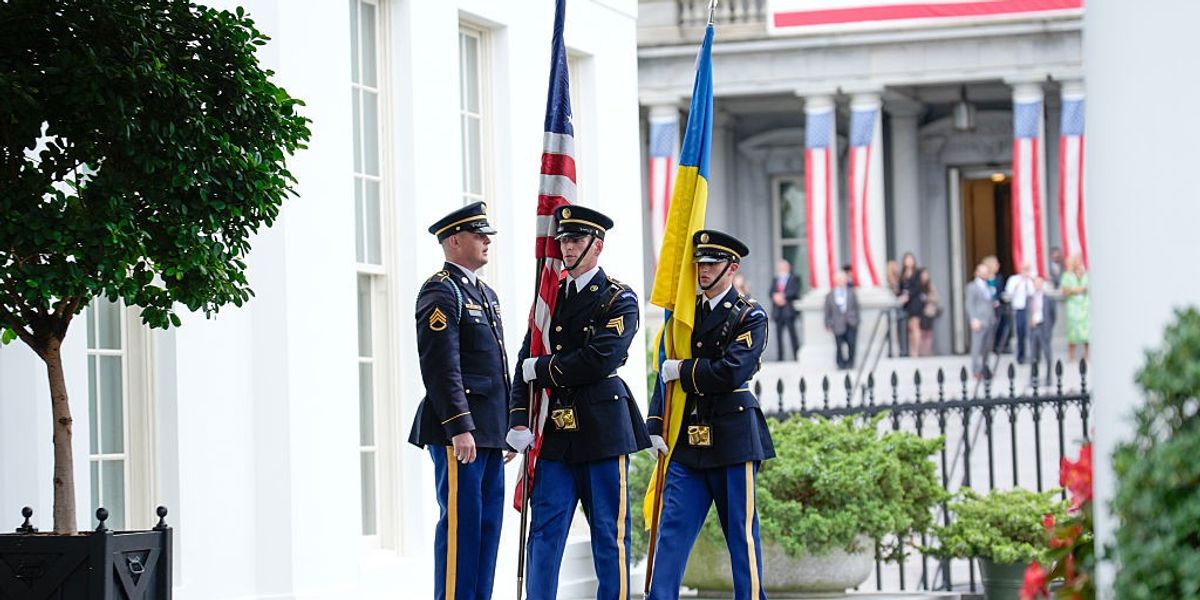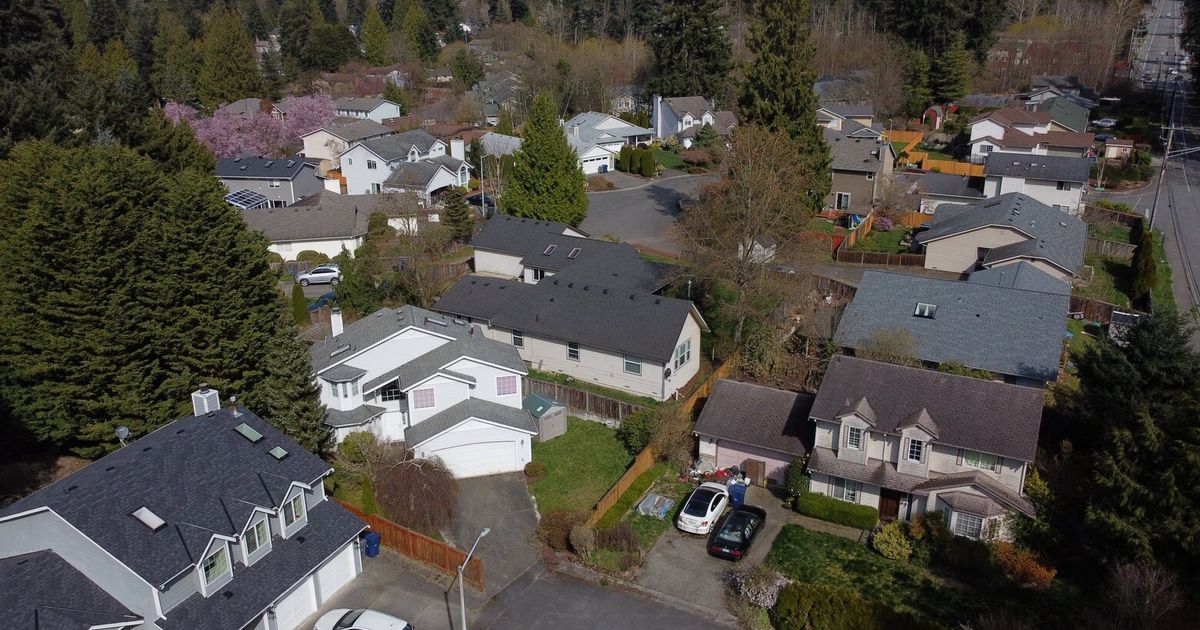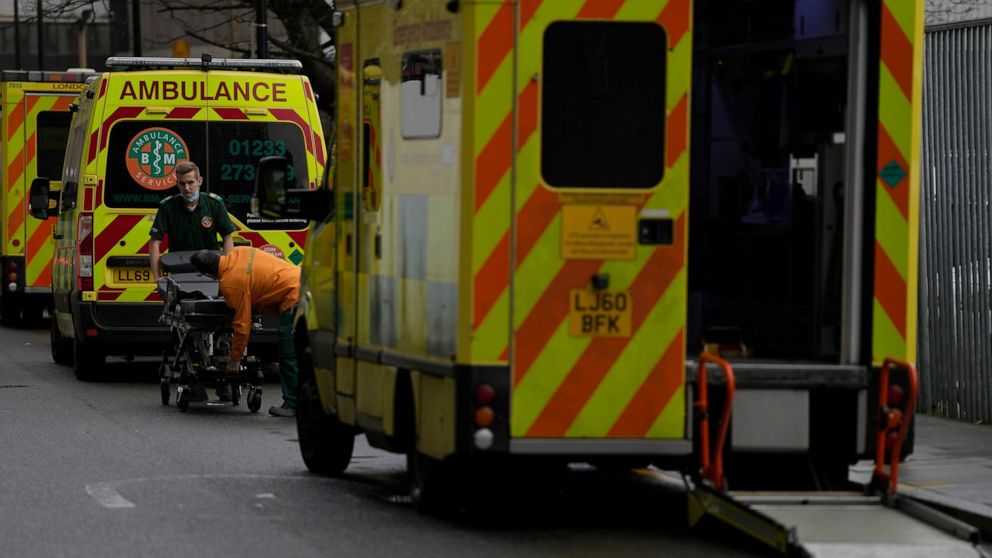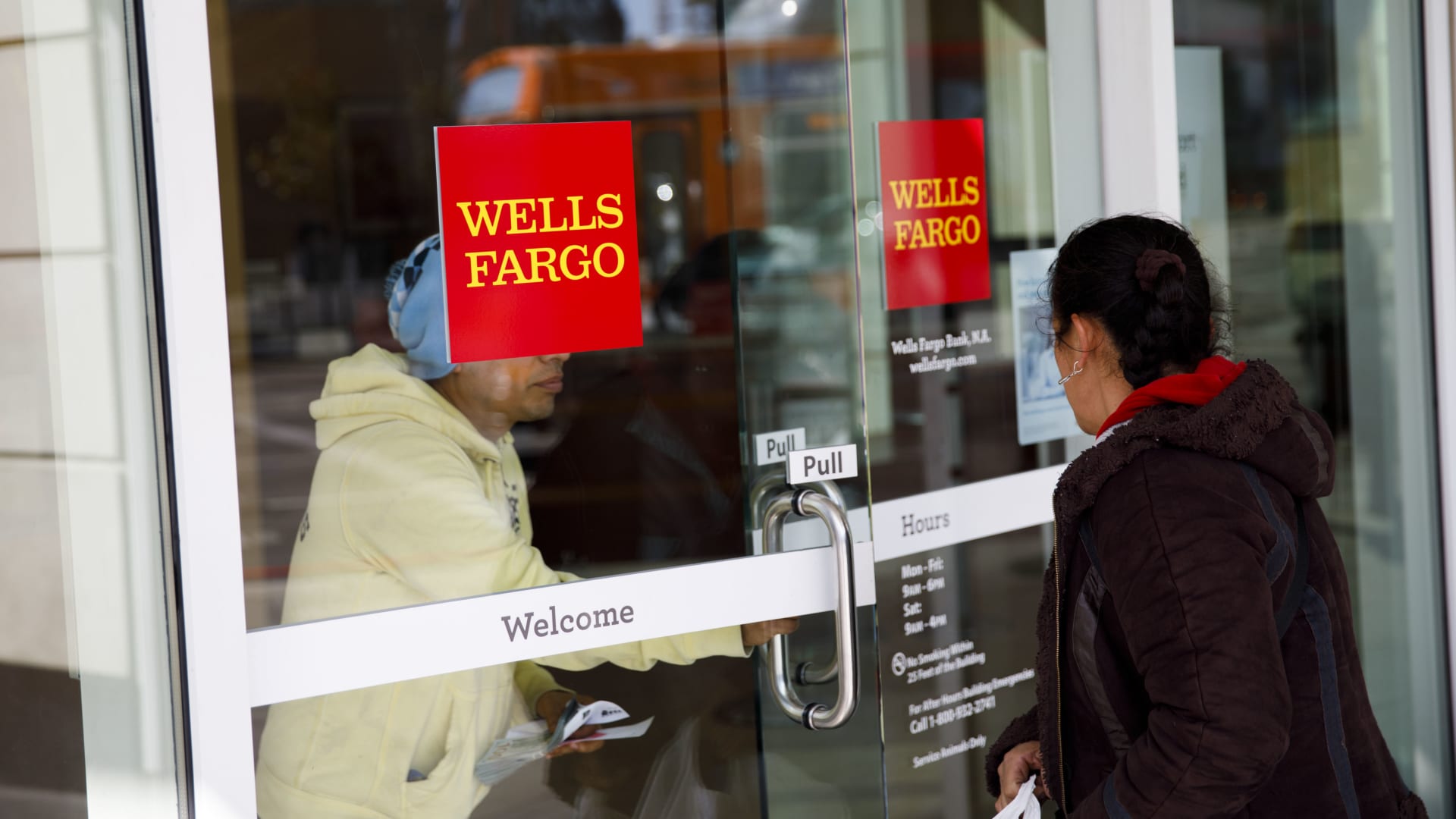Testimony in Manhattan court begins, with Donald Bender, longtime accountant for Trump, as the state’s first witness.
Prosecutors and defenders in the United States have made their initial statements in a civil fraud trial focused on the activities of Donald Trump and his businesses, kicking off a process that could add to the already considerable legal and political woes faced by the former president.
A defiant Trump attacked New York’s attorney general and the judge overseeing his civil fraud trial as it began on Monday, with a state lawyer accusing him of generating more than $100m by lying about his real estate empire.
Attorney General Letitia James is seeking at least $250m in fines, a permanent ban against Trump and his sons Donald Jr and Eric from running businesses in New York and a five-year commercial real estate ban against Trump and the Trump Organization.
What were the standout moments from the first day of the trial? And what do they mean for Trump? We take a look at some key takeaways below:
Trump doubles down on hostile rhetoric
- Leaning into familiar themes, Trump attacked the trial and those involved with it as taking part in the “continuation of the single-greatest witch hunt” in US history.
- Trump openly chastened Letitia James, the New York attorney general who brought the case against him, criticising a “disgraceful trial brought forward by an attorney general who is corrupt”. Trump also criticised New York Judge Arthur Engoron, who is overseeing the trial.
First witness takes to the stand
- Donald Bender, a longtime accountant and tax consultant for Trump, testified about Trump’s tax practices such as reporting large losses on his tax returns every year for nearly a decade.
- Lawyers for Trump attempted to issue a “blanket objection” to Bender’s testimony but were denied by Judge Engoron.
Trial will focus on Trump’s business practices
- The case hinges on the allegation that Trump and his business, the Trump Organization, intentionally inflated their value to enrich themselves.
- Trump has indicated that he is willing to testify in the case to defend the actions he and his company took. If found guilty, Trump could be forced to pay fines and lose his business licenses.
Questions over Trump’s wealth re-emerge
- Persistent questions over the true extent of Trump’s wealth also reemerged at the trial. Judge Engoron, for example, previously decided that Trump vastly overstated the value of his numerous properties.
- James’s court filings in August say that Trump falsely stated that his net worth was $6.1bn when it was actually $2.6bn.
















